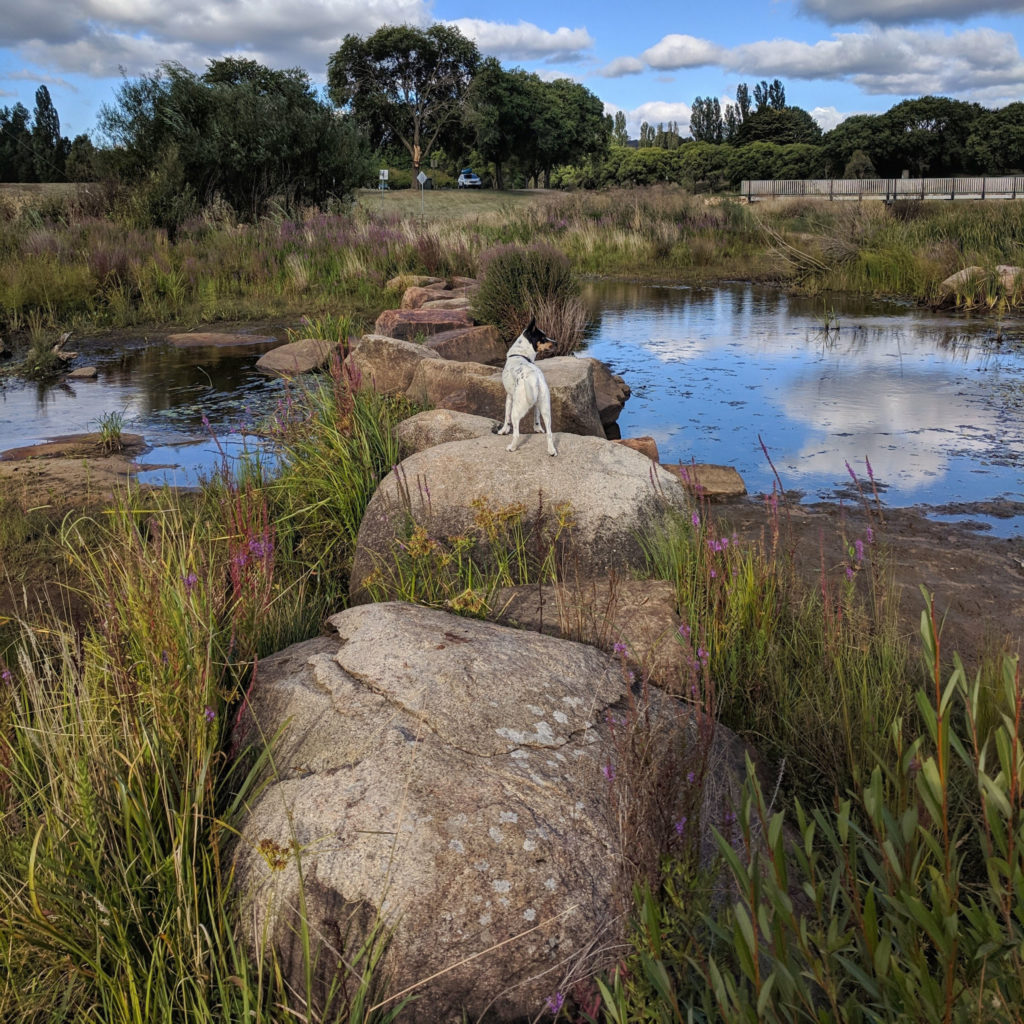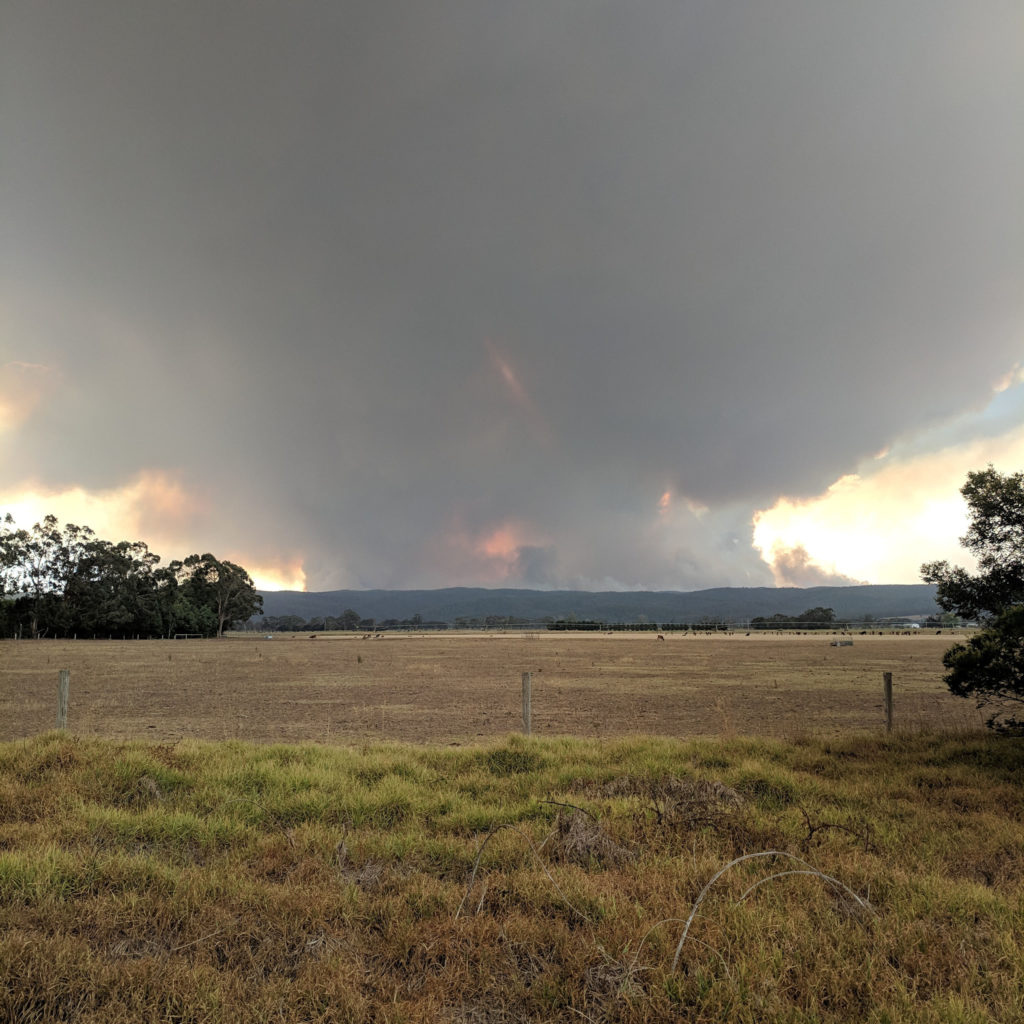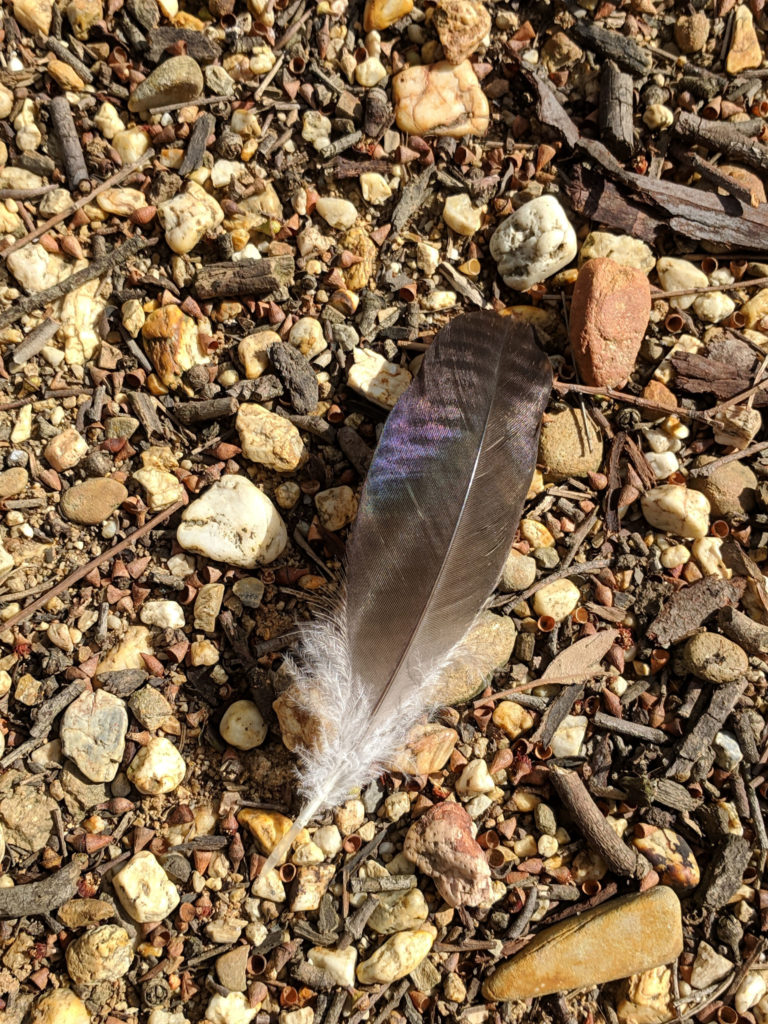“Time expands, then contracts, all in tune with the stirrings of the heart.”
— Haruki Murakami
“Time expands, then contracts, all in tune with the stirrings of the heart.”
— Haruki Murakami
“I am always doing that which I can not do, in order that I may learn how to do it”
— Pablo Picasso
“My dear, in the midst of hate, I found there was, within me, an invincible love… In the midst of chaos, I found there was, within me, an invincible calm. I realized, through it all, that…in the midst of winter, I found there was, within me, an invincible summer. And that makes me happy. For it says that no matter how hard the world pushes against me, within me, there’s something stronger…something better, pushing right back.”
— Albert Camus
“If you go off into a far, far forest and get very quiet, you’ll come to understand that you’re connected with everything.”
— Alan Watts
“So often, a visit to a bookshop has cheered me and reminded me that there are good things in the world.”
— Vincent Van Gogh
“I see you everywhere, in the stars, in the river, to me you’re everything that exists; the reality of everything.”
— Vigrinia Woolf

My neighbour has two dogs. Two dogs who are usually tied up in his backyard. The tan dog, almost brindled, tall, lean, perhaps a kelpie cross, is tied to a tree, while the squat, black dog, which looks like a labrador mixed with Staffordshire terrier, is tied up to a kennel.
When I water my garden I can see them. They have described big arcs around their confined spaces, big dusty arcs of earth that don’t seem to meet and from this, I assume that the dogs can’t touch each other.
They have escaped their unpleasant confinement numerous times. I have seen the pair trotting along the street, mouths agape, happy, firm friends exploring a world bigger than their dust circles. A world they might have already known if they had ever been walked.
Today they are in my yard having scraped a shallow trench under the shared fence.
There was a lightning storm yesterday and rain through the evening. Rain coloured with soot from the bushfire over the hills. So I wonder if the dogs, scared of the thunder that would rumble like a passing jet plane for 30 seconds, simply broke their bonds. The tan dog has a scrap of thick sisal rope, end unbraided, attached to its collar.
Wilson, my dog, who sleeps in my bed, is walked every day, and is loved, woke me this morning. His barking, which is often angry and insistent whenever people walk past the house, was frustrated and plaintive, as though someone, undeterred, was making their way towards the house and me.
When I came outside I saw the dogs, mostly oblivious to Wilson’s distress and discomfort at strangers in his territory. They were wet, dirty, greasy with neglect. They had callouses on their legs from lying in the dirt so often. I had manage to pat them before. They had been timid, something I hadn’t expected. And again, this time, they were reluctant to come close.
I brought dog biscuits for them and having moved Wilson inside, pat them a little.
I went inside to make coffee and entertained the idea of keeping them. Bringing them inside, bathing them, feeding them and simply not sending them back to their miserable lives.
By the time I had finished my coffee they were gone.

